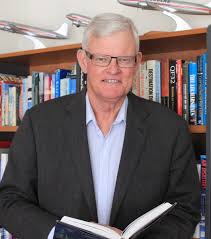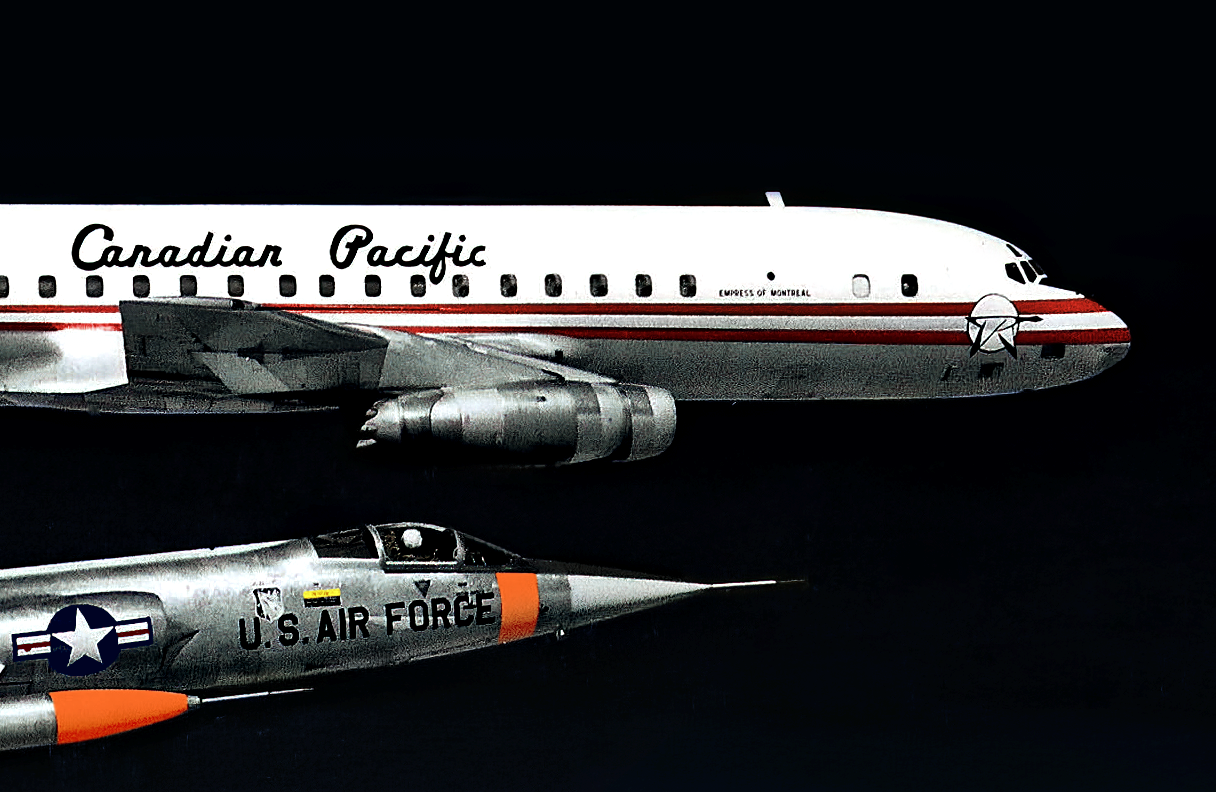Making Air India Great Again
02 July, 2023
6 min read
By joining our newsletter, you agree to our Privacy Policy
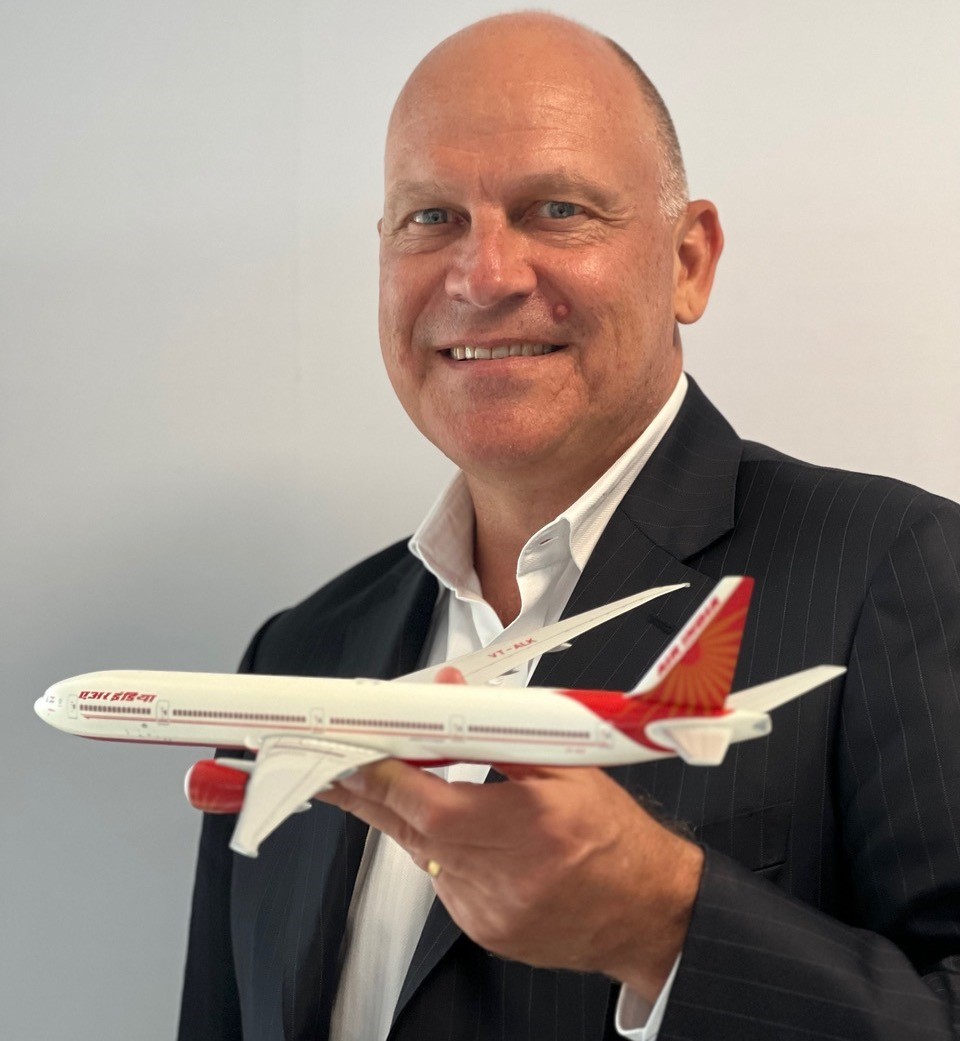

Making Air India great again is the mission of New Zealander Campbell Wilson, who has been in the top job in Delhi since mid-2022.
JOIN: AirlineRatings.com YouTube Channel
GET: Accurate MH370 Information From AirlineRatings.com Newsletter
SEE: GT’s Radar Slams Netflix MH370 Doco
India’s famed industrial conglomerate Tata Group bought 100 per cent of Air India and its low-cost arm Air India Express in October 2021 in a privatization process, investing US$2.3bn. This meant history came full circle as the airline was founded in 1932 as Tata Airlines by patriarch J. R. D. Tata himself.
Decades of decay under government ownership, a lack of funding, vision and being tied down by extensive red tape and bureaucracy left the once iconic airline in a sorry state, bleeding up to US$2.4m a day. Now Campbell Wilson has to change all that. There is a saying “everything Tata touches turns into gold” – that’s the league he plays in.
“Clearly we feel the expectation, people are very proud of Air India’s legacy and they are very desirous of Air India representing India internationally in a particular way,” he says in an interview with Airlineratings.com “Everyone is impatient for it to happen. We are lucky we got 1.4 billion people cheering us on, even if they want us to be faster.” And aiming for the top spot is just good enough.
Wilson is restless in his quest to reinvent the once-glorious airline on almost every front. The last few weeks he has been telling his transformation story, shuttling between crucial meetings in Delhi and Mumbai and industry events such as the IATA AGM in Istanbul, Aircraft Interiors Expo in Hamburg and the Paris Air Show.
There, he signed the final contracts for Air India’s incredible aircraft order of 470 Airbus and Boeing jets first announced in February. “It is our intention to be recognized once again as one of the best airlines in the world. It can clearly be done, Indian brands, not least Taj Hotels, which are also part of Tata Group, are at the forefront of service by any standard anywhere in the world,” stresses Wilson. “Which indicates that it is certainly part of the Indian culture and possible for an Indian entity to achieve this. But it will take time. The good news is that with the backing of Tata, all resources are being put in place for that to happen.” The group’s investment in Air India is indeed impressive, but very dearly needed.
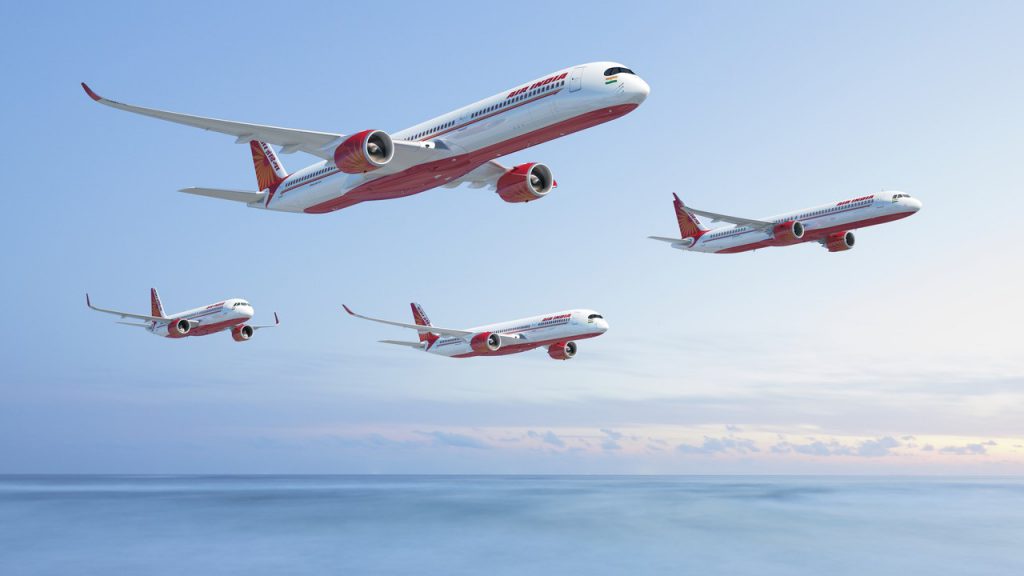
The 470 new aircraft just ordered are worth in the range of US$70bn, there are also 36 additional short-term leases to bridge gaps, among them eleven Boeing 777s (some formerly of Delta and Etihad). Five of these further 777s are already flying for Air India, the other six will be until the end of 2023, as well as 25 additional A320 family aircraft. The first brand new jets in a long time will join Air India in October/November, the first of six Airbus A350-900s originally built and configured for Aeroflot. The airline is also investing US$400m in new cabins for all existing widebody aircraft, which will be totally revamped, starting by the middle of next year. While the retrofitted Boeing 777s will again offer a First Class product, Wilson won’t say if a First cabin is also part of the bespoke new Air India premium product range. He also points out that new long-haul routes don’t depend on big aircraft: “We have many opportunities from India with narrowbodies, like flying to Kenya or Singapore and also Central Europe.”
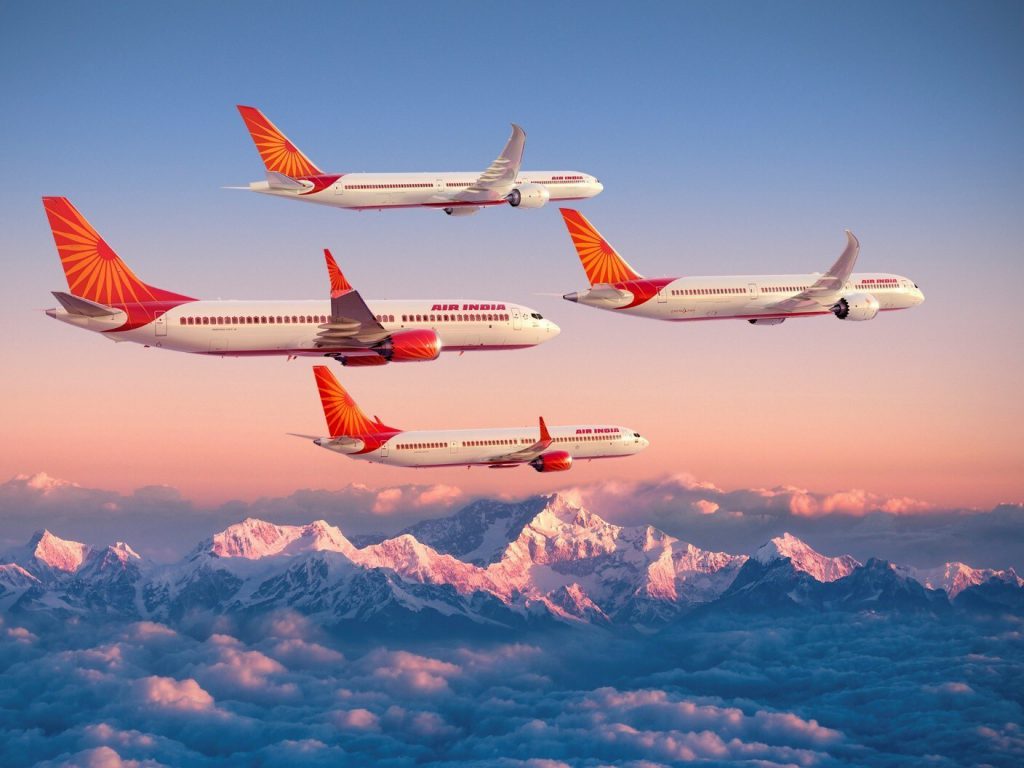
Air India is trying to grow its international route network swiftly. “With more aircraft coming online, we plan more frequencies to Australia, initially to Sydney and Melbourne and further destinations,” stresses Wilson. Currently, Air India flies daily non-stop from Delhi to both Sydney and Melbourne with Boeing 787s. As Air India intends to connect both its hubs with key international gateways, it is likely that new routes also from Mumbai to Sydney and Melbourne are one option. NSW’s tourism promotion arm, Destination New South Wales (DSNW), is currently engaged in a campaign to encourage airlines such as Air India to increase flights. According to DNSW, India is the state’s fastest-growing market and fourth-largest in terms of tourist arrivals. Qantas currently flies four flights weekly from Sydney to Bangalore, and as Air India recently started new flights from Bangalore to San Francisco, having a direct link from Bangalore to Sydney as well would make sense, as the India flights to and from NSW already experience 90 per cent load factors.
Air India has already further spread its wings globally: In North America, the airline increased its frequencies from both its hubs in Delhi and Mumbai to New York and Vancouver. “We have grown our network a lot over the last nine months, with five new airports being online now in Europe alone,” boasts Wilson. “The question for us is not: Do we have an opportunity at a certain destination? The question is: Which of the many opportunities we have has the highest priority? Overall, there are many more opportunities for us than we have aircraft,” he sums it up. Another huge task is getting enough new people on board and trained: “Air India hadn’t been recruiting anyone except flying crews for 15 odd years. So there was a big succession and capability gap to be rectified, especially in the context of dramatic growth,” says the CEO.
“There is a lot on the plate in the transformation of Air India,” he assures. “It’s certainly the biggest aviation turnaround ever that I am aware of.” And this is his game to run. Before, the 52-year-old from Christchurch had spent his entire career with Singapore Airlines (SIA) working in Australia, Canada, Japan and Hong Kong. Then he was tasked with founding SIA’s low-cost, long-haul offspring Scoot in 2011, which he headed ever since with a hiatus of four years. During that time, Wilson served as SVP of Sales & Marketing at SIA as part of their Management Committee, “as the only Caucasian that had worked his way through the ranks,” he remarks. “Managing a cross-cultural workforce has always been in my career playbook.”
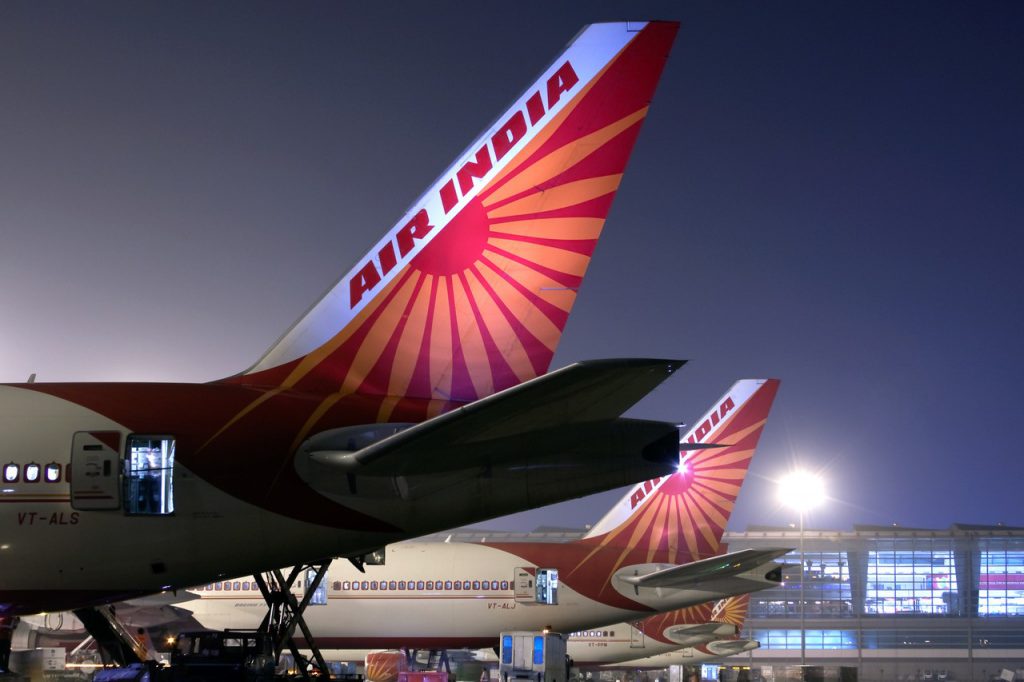
Get the latest news and updates straight to your inbox
No spam, no hassle, no fuss, just airline news direct to you.
By joining our newsletter, you agree to our Privacy Policy
Find us on social media
Comments
No comments yet, be the first to write one.
